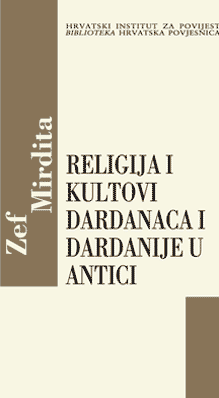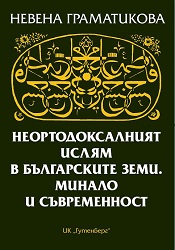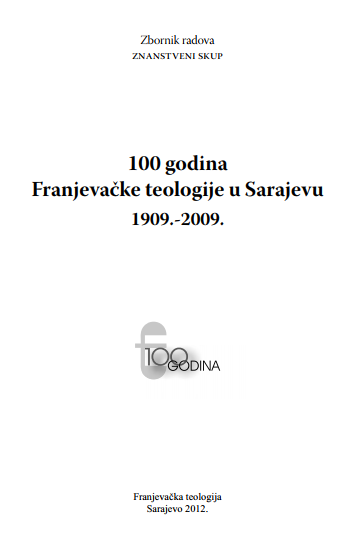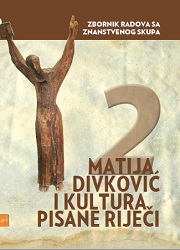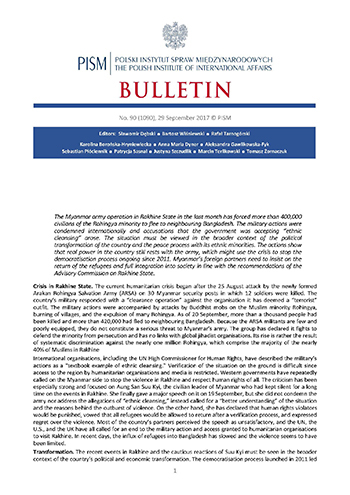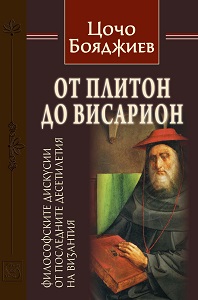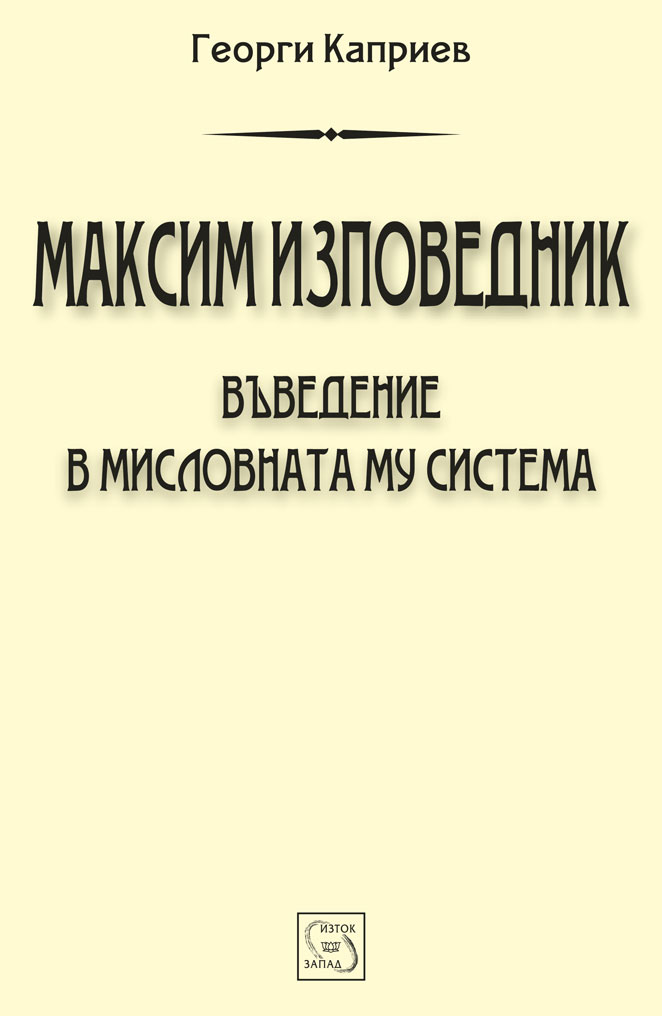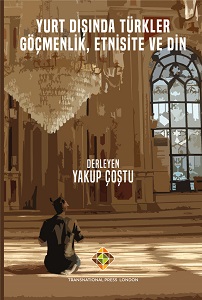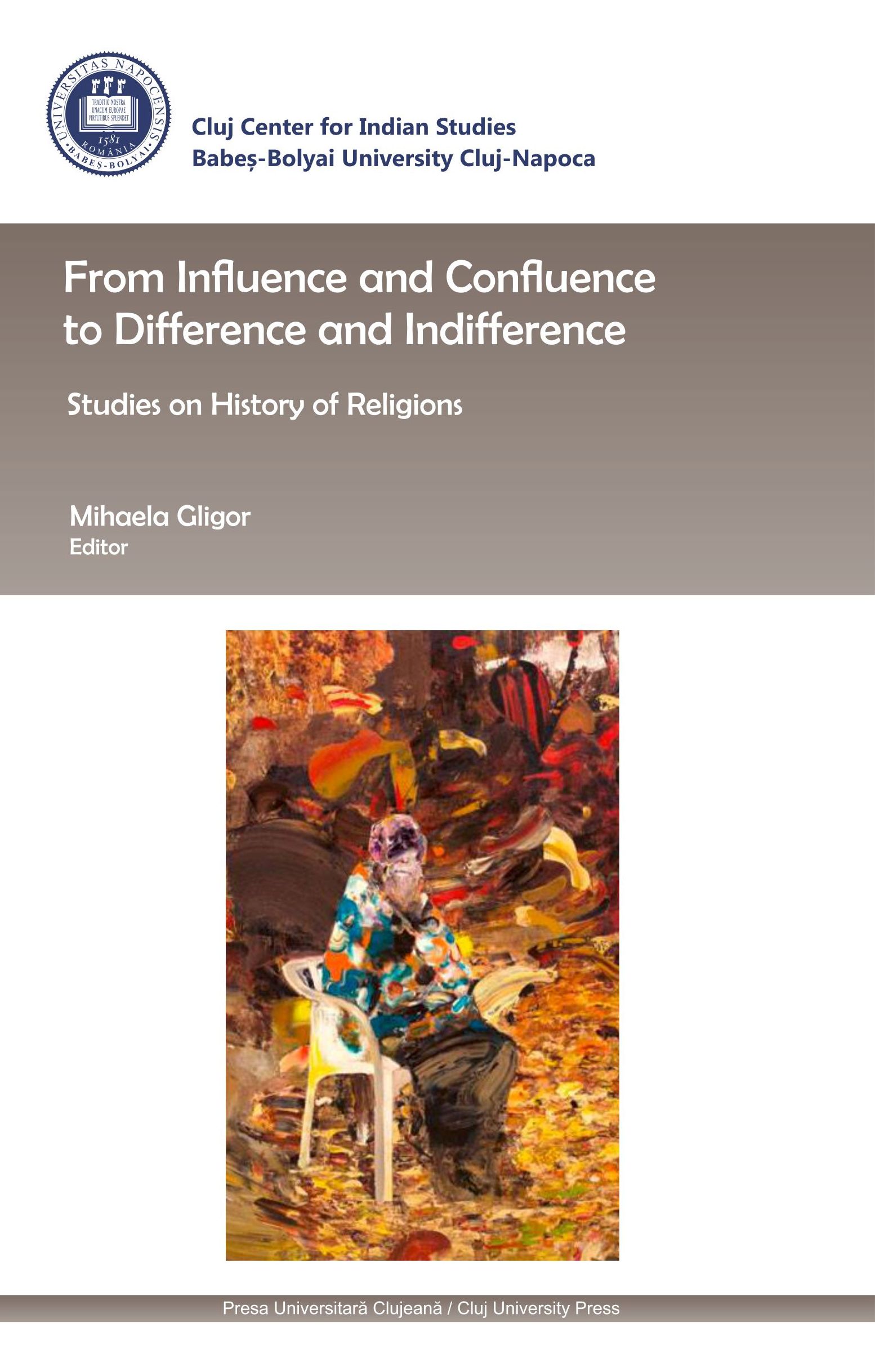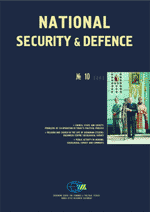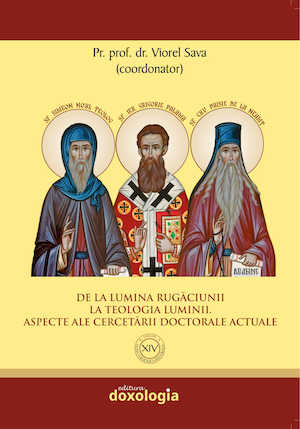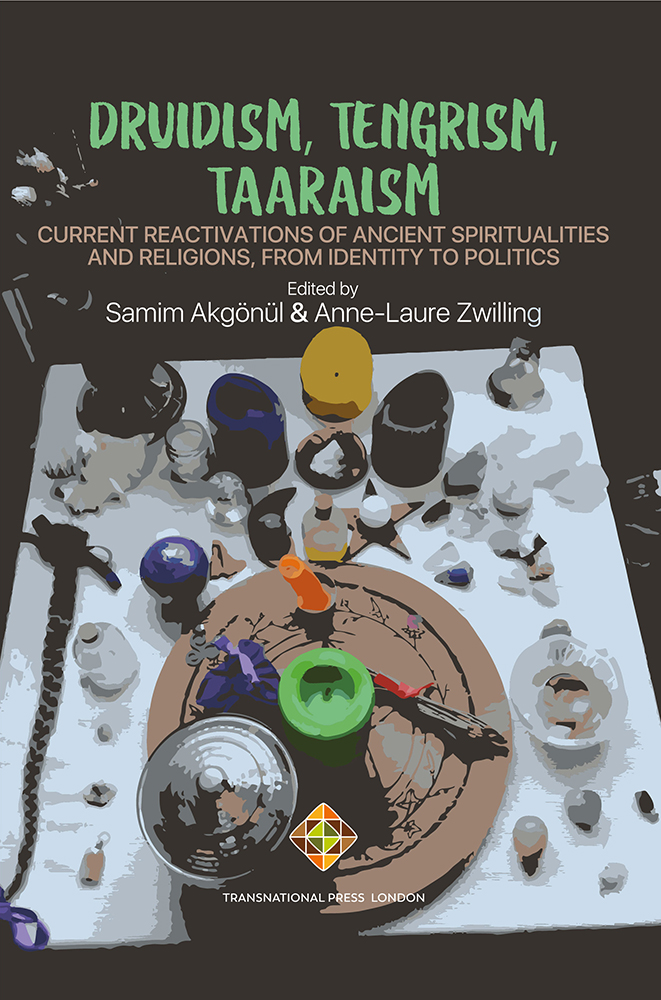Author(s): Zef Mirdita / Language(s): Croatian
Obwohl die Dardaner der römischen Herrschaft erst in dem Jahre 200 vor Chr. unterlagen, dank derer geographischen Position, die eine Brücke zwischen verschiedener Völker und Kulturen, besonders derjenigen in der Welt des Altertums, in der ersten Reihe des Ägäischen Raums, darstellte, begann die Zeit der Antike dort, unterschiedlich von anderen Stämmen Illyriens, schon im V. Jahrhundert vor Chr. Es ist nun verständlich, dass dies vom wesentlichen Einfluss auf die Bereicherung, Änderung und sogar Synkretisierung verschiedenartiger Kulturen sowie des materiellen und geistigen Lebens war. Diese Erscheinung wurde gerade in der Sphäre des geistigen Lebens, der Religion und der Kulte sichtbar. Es ist klar, dass dort, wo der Durchbruch der kulturellen und geistigen Güter leichter war, wie es in Dardanien der Fall war, und zwar in den Bereichen die Flusstäler (Vardar, Morava, der Weiße und Schwarze Drim, Ibar) entlang, sowie in den Kontaktzonen, bzw. in den Grenzgebieten - dort war auch der geistige Reichtum verschiedenartiger Kulte, sowie die verschiedenen Formen des religiösen Ausdrucks vielartiger. In diesem Sinne verstehen wir die Tatsache, dass, wenigstens wenn wir von dem zentralen, südöstlichen und südwestlichen Gebiete des Territoriums der Dardaner sprechen, dieses Gebiet, sozusagen, unter dem unmittelbaren Einfluss des Hellenismus stand. Der Ziel des ersten Teils dieser Studie wäre, auf Grund des epigraphischen und archäologischen Materials einen Überblick aus dem religiösen Leben verschiedener Kulte während verschiedener Zeiträume im Leben der Dardaner und auf dem dardanischen Territorium zu geben, und zwar seit der Urgeschichte, konkreter, vom Neolithikum biz zur Spätantike. Es ist klar, dass ein so großer Zeitraum sowie die Größe des Territoriums, das geographisch betrachtet groß und räumig ist, nicht nur die Unterschiedlichkeit der verschiedenartigen Ausdrucksformen des religiösen Lebens mit sich bringt, sondern auch die Erscheinung des Synkretismus verschiedenartiger Kulte und Glauben. Andererseits aber ermöglicht die geographische Unterschiedlichkeit dieses Gebietes auch die Bewahrung und Resistenz der epichorischen Kulte und einheimischen religiösen Phenomäne.
More...


